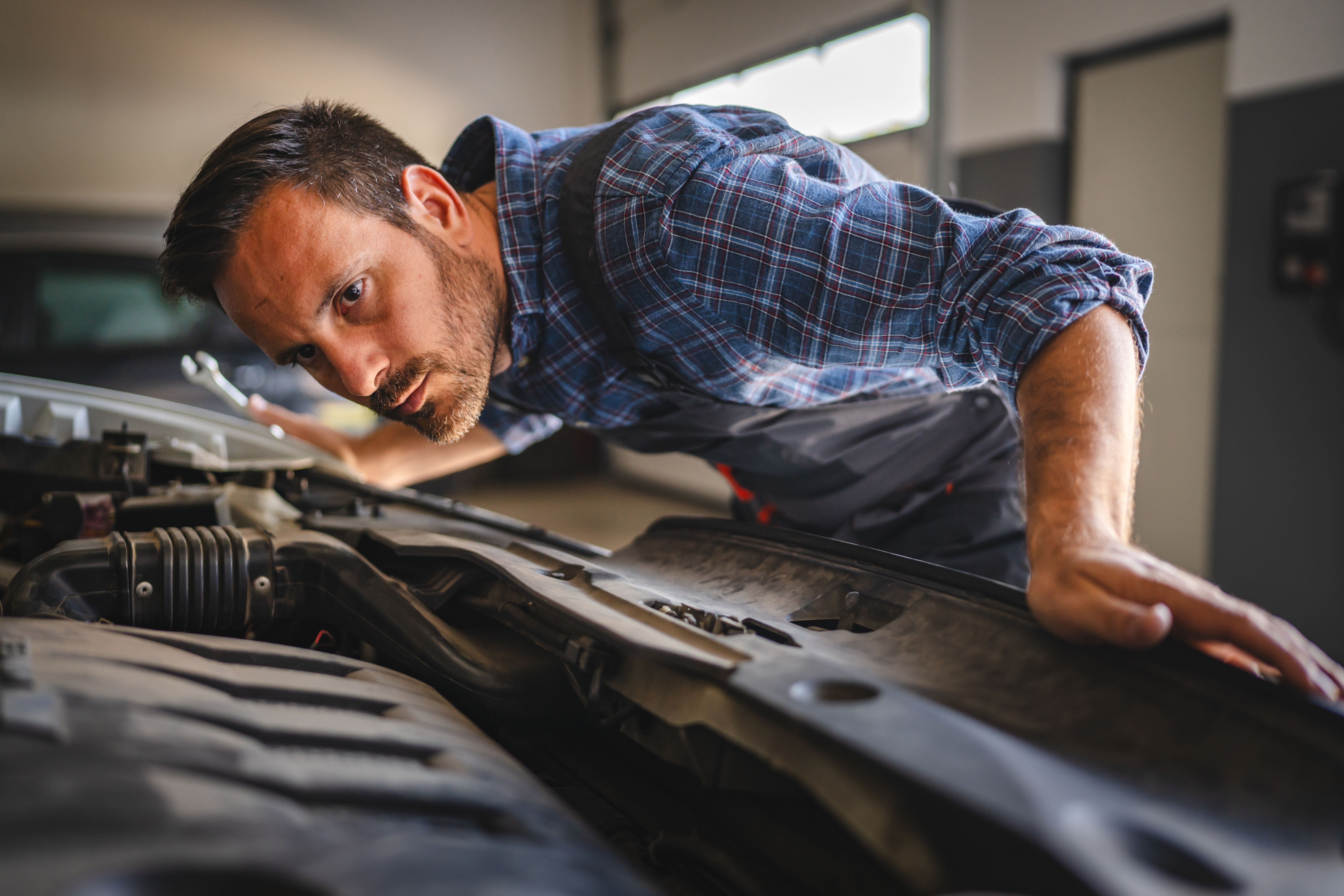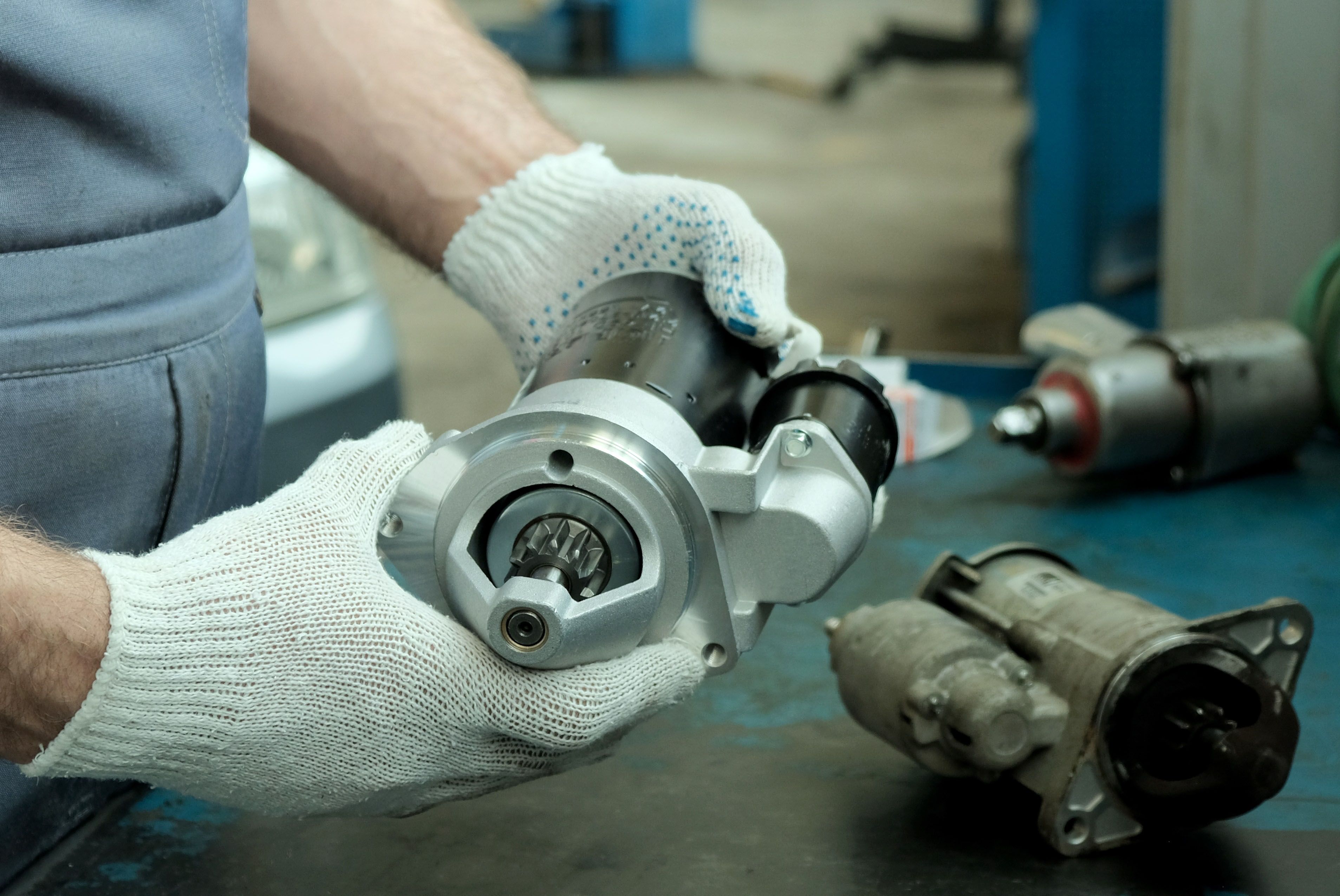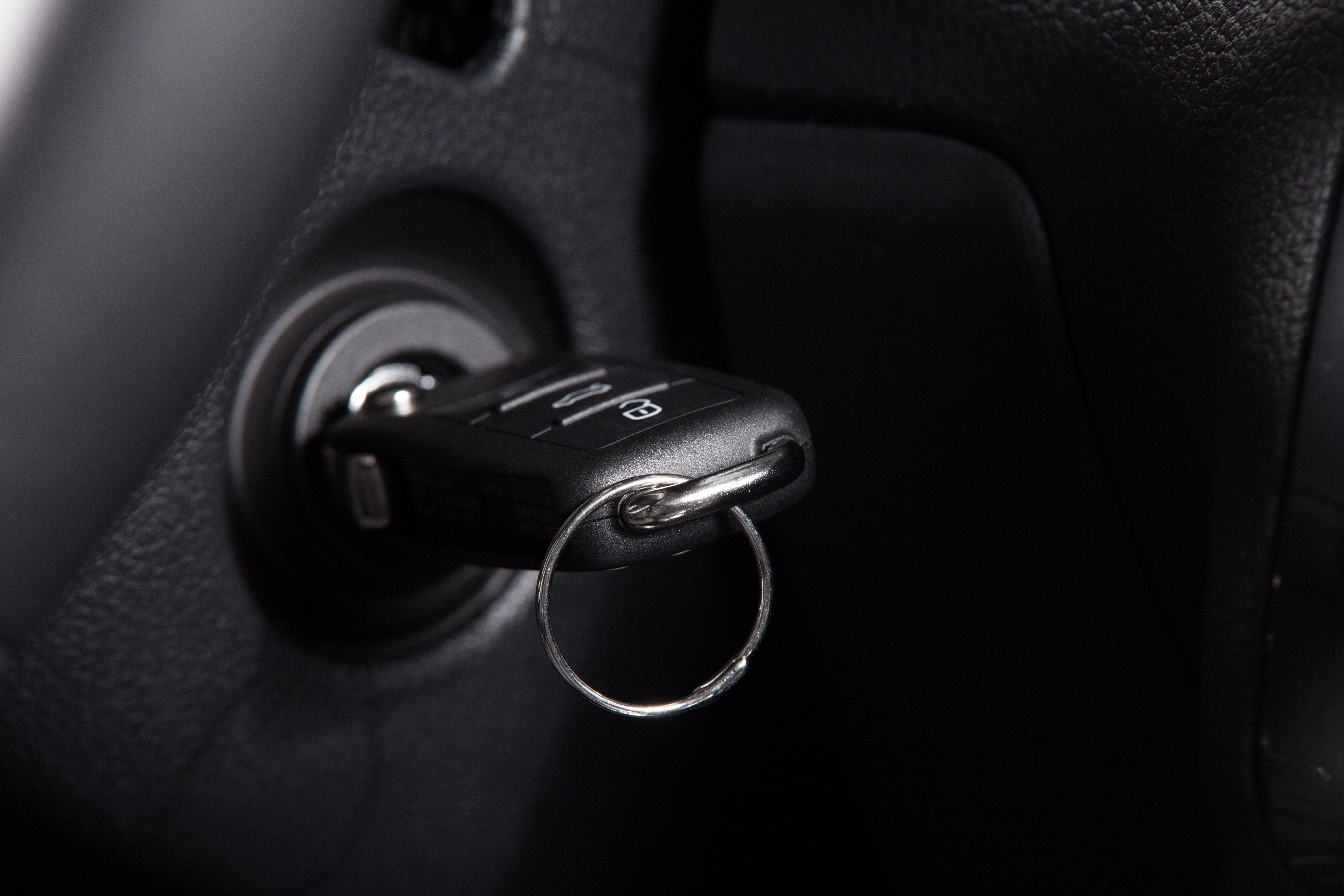Common Reasons Your Car Won't Start
MD
Understanding the Basics
It's a frustrating experience that every car owner has likely faced at some point: turning the key in the ignition, only to be met with silence or a troubling noise. When your car refuses to start, it can be due to a variety of reasons, some more common than others. Understanding these issues can save you time, money, and stress.
Before jumping to conclusions, it's essential to understand the basic components involved in starting a car. The process involves the battery, starter motor, and the fuel system working in harmony. If any of these elements fail to function correctly, your car may not start.

Battery Issues
The most common reason for a car not starting is a dead or faulty battery. Batteries can die suddenly or gradually lose their ability to hold a charge. A simple way to identify a battery issue is by checking for dim lights or no lights at all when you turn the key.
- Corroded battery terminals
- Aging battery
- Extreme weather conditions
If the battery is the problem, jump-starting the car or replacing the battery should resolve the issue.
Starter Motor Problems
If you hear a clicking sound when you turn the ignition key, it might indicate a problem with the starter motor. The starter motor is responsible for turning over the engine and getting it running. When it fails, your engine will not crank.
Common causes of starter motor issues include:
- A faulty starter solenoid
- Worn-out starter components
- Electrical issues such as blown fuses

Fuel System Failures
Another potential culprit when your car won't start is a failure within the fuel system. If the engine is not receiving fuel, it won't ignite and start. This can happen due to a clogged fuel filter or a failing fuel pump.
Signs of fuel system issues include:
- The smell of gasoline
- Difficulty starting in cold weather
- Frequent stalling
Ignition System Malfunctions
The ignition system plays a crucial role in starting your car. Problems here can range from worn-out spark plugs to issues with the ignition switch itself. If your ignition system is malfunctioning, you may experience a rough start or no start at all.

Regular maintenance and timely replacement of faulty components can prevent most ignition system problems.
Conclusion
Regular vehicle maintenance is key to avoiding unexpected breakdowns. By understanding the common reasons your car won't start, you can take proactive measures to keep your vehicle in good working order. Whether it's regularly checking your battery or replacing old spark plugs, small steps can make a significant difference.
If you're uncertain about diagnosing or fixing these issues yourself, it's always wise to consult with a professional mechanic. They have the expertise and tools necessary to get your car running smoothly again.